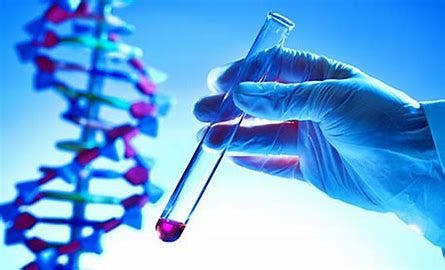Reproductive Understanding the Function of a Reproductive Endocrinologist in Reproductive Medicine

The Specialty of Reproductive Endocrinology Explained
An endocrinologist is a medical professional with expertise in the endocrine system. Your body’s network of glands produces hormones that facilitate communication between cells. The complex and diverse endocrine system aids in reproduction. To completely comprehend the scope of a Reproductive Endocrinologist’s expertise, continue reading.
A reproductive endocrinologist is an obstetrician/gynecologist (OB/GYN) physician. These medical professionals identify and manage endocrine diseases that have a direct or indirect connection to reproduction. Their main area of expertise is infertility, which is the inability to conceive after a year of unprotected sex.
Role Of Reproductive Endocrinologist
A lot of people struggle with infertility. Infertility affects about 15% of couples. Men and women both experience this same problem. Reproductive endocrinologists treat infertility with surgery, medications, or other methods. Prior to devising a treatment strategy, they look for the cause of the issue. To carry out this, they’ll:
Check for blood sugar and thyroid abnormalities
Run a semen test
Order an X-ray of the uterus and fallopian tubes to look for problems
Do an ovarian reserve fertility test to measure the level of various hormones related to reproduction, such as:
Follicle-stimulating hormone
Estradiol
Anti-Mullerian hormone
Reproductive endocrinologists use the findings of these tests to accurately diagnose patients. Then, they might suggest actions or provide prescriptions for medications like:
Laparoscopy: A minimally invasive procedure that allows your doctor to see into your body by using a tiny camera.
Hysteroscopy: A procedure where a tiny camera is used to view internal images of the uterus and cervix through the vagina.
Myomectomy of the abdomen: A procedure to remove uterine fibroids
Additionally, reproductive endocrinologists treat infertility in a variety of ways, such as:
Purifying a sperm sample from one partner and inserting it into the other’s uterus is known as intrauterine insemination, or IUI.
In vitro fertilisation (IVF): This process involves transferring the best embryo(s) to the mother’s or surrogate’s uterus after fertilising one partner’s egg with the other’s sperm in a lab.
When necessary, reproductive endocrinologists in Reproductive Medicine can offer medical measures to help you become pregnant and can also assist you better understand your fertility journey.
I hope this information was useful to you. If you want to build a career in reproductive medicine choose a course in reproductive medicine.
Get in touch with us to learn more.

Comments
Post a Comment